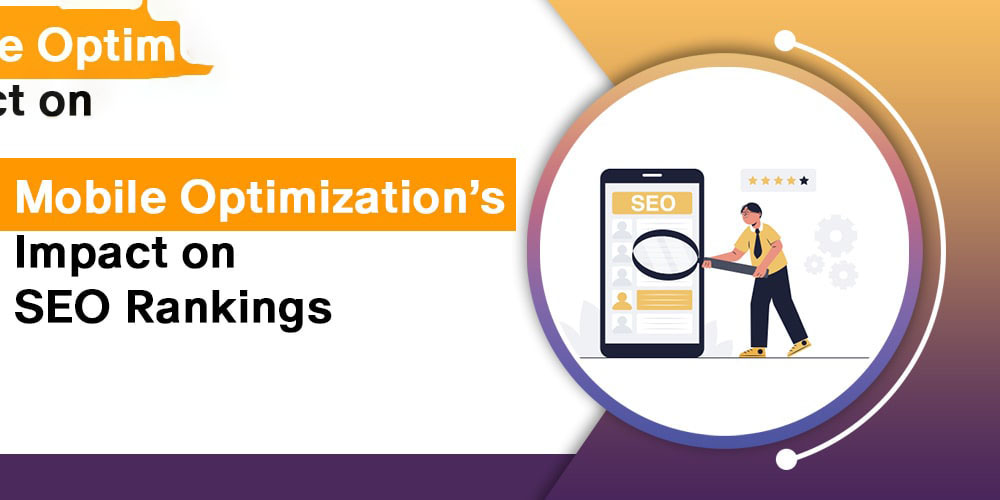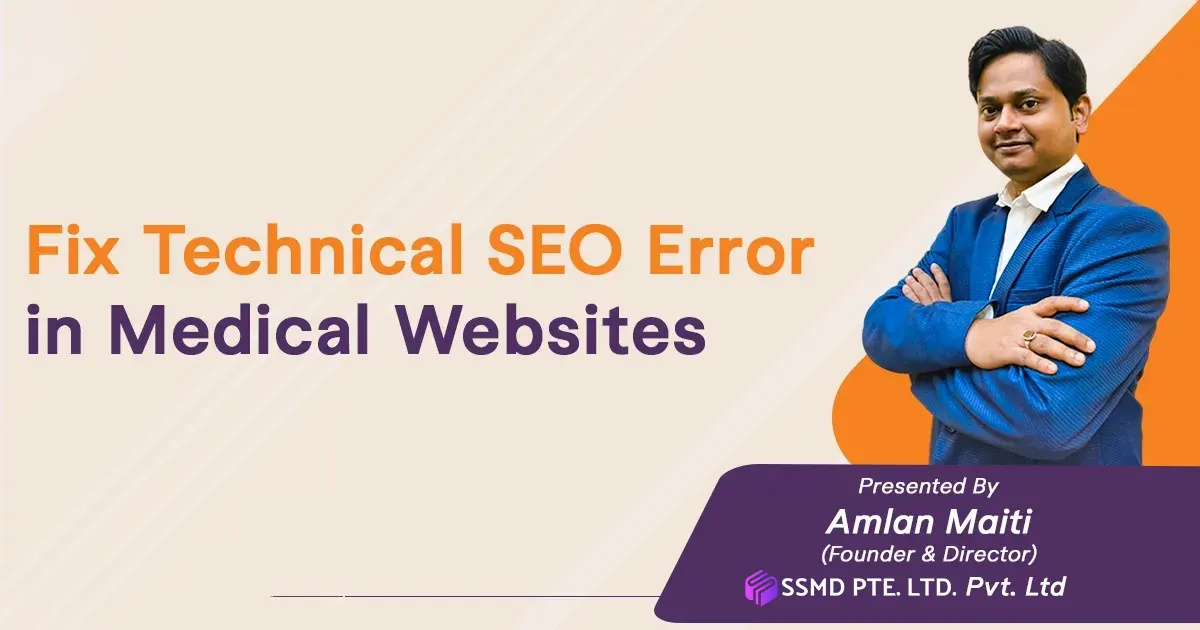Everything You Must Know About Mobile Optimization Effect On SEO Rankings
Search engine optimization (SEO) is still important for companies trying to improve their online presence in the quickly changing terrain of mobile optimization. Still, SEO is not a one-sided activity. It develops in response to changes in user behavior, search engine algorithms, and technical developments.
Why is Essential Mobile Optimization?
A Statista analysis indicates that mobile devices account for more than half of all website traffic worldwide; this number is anticipated to keep growing. Google and other search engines have responded by including mobile usability as a major ranking consideration.
Important elements of mobile optimization influencing SEO results
Many factors support mobile optimization, all of which affect the SEO of a website. These consist in:
Design Based On Responses
Responsive design is a big part of mobile performance. It instantly changes the size of a webpage to fit any device, so PCs, tablets, and phones can all be used the same way. Google gives sites with flexible designs more weight in search results because they are easier to use.
People who visit websites that aren’t responsive might have to scroll horizontally to access the information.
How Fast Pages Load
For mobile SEO, how fast a page loads is important. Websites that take a long time to load annoy users and raise bounce rates, which tells search engines that the site can’t be used. Google PageSpeed Insights helps admins find slow mobile sites and fix them. Accelerated Mobile Pages (AMP) make mobile websites faster, which is good for SEO.
Using Your Phone
Mobile usefulness includes the size of clickable elements, how easy it is to navigate, and the lack of pop-up ads. Websites that are tough to use on phones usually get lower rankings. When buttons are too small or too close together, it’s hard for people to use the website. This hurts both the user experience and the SEO results.
Structured Info On The Go
Structured data might make it easier to see mobile SEO results, especially in rich snippets or technologies that only work on mobile devices, like voice search. Structured data websites that are properly merged may improve SEO by giving search engines more relevant information and improving the mobile user experience.
Safety On The Go
Security also affects SEO results, especially mobile optimization. Google gives more weight to safe websites, so HTTPS sites show up higher in search results. This is very important for mobile users who care about keeping their information private. People will feel safer on a mobile website, keeping them on it longer and lowering their bounce rate.
The Effects of Negative Mobile Optimization on SEO
A website that isn’t mobile-friendly could lose its ranking and have other SEO problems. Some aftereffects are:
The Bounce House Is High
As was already said, bad mobile experiences may make hopping worse. If a user leaves a site quickly from a single page, Google knows that the site isn’t very useful or has enough information. Bad mobile optimization, like pages that take a long time to load or styles that don’t adapt to different screen sizes, can lead to high bounce rates. Over time, this can hurt your search engine results.
Cut Down On User Invasion
Mobile users are less likely to use sites that take a long load or are easier to get around. Less interaction, like fewer page views, shorter sessions, and lower conversion rates, could be bad for SEO. Poor mobile optimization could hurt your site’s rank because search engines use how engaged users are with a site to decide how good it is.
Reduced Local SEO Rankings
Local SEO is especially crucial for mobile consumers since they often look for local companies on demand. A responsive SEO Company in New Jersey design and fast load times on a mobile-optimized site will help companies rank higher in local search results. On the other hand, a non-mobile-optimized site could find it difficult to compete in local SEO, depriving local businesses of chances.
The Function of Mobile Optimization Regarding Future SEO
Mobile optimization in SEO rankings will only become more crucial as cell devices keep taking the front stage on the digital scene. Google’s mobile-first indexing marks the start of a more general change toward prioritizing mobile-friendly websites. Businesses that want to remain competitive must ensure their websites are mobile device compatible, including design and usability, page performance, and security.
Development Of Voice Search
The development of voice search is one future trend emphasizing the need for mobile optimization. As more people depend on virtual assistants like Google Assistant and Siri, websites must be tuned to respond to voice inquiries. This calls for including long-tail keywords and natural language processing in mobile SEO techniques.
Mobile Commerce’s Growing Reach
Another fast-developing trend emphasizing the requirement of mobile optimization is mobile commerce, sometimes known as m-commerce. As more consumers buy using mobile devices, businesses have to make sure their websites give a flawless mobile shopping experience. A badly optimized mobile site might cause reduced sales, cart abandonment, and declining SEO results.
Conclusion
The effects of mobile optimization on SEO results cannot be emphasized in today’s mobile-first environment. Businesses must spend money improving their sites for mobile devices to remain competitive in search engine results, as search engines like Google keep giving mobile-friendly websites top priority. Determining a site’s SEO success depends critically on elements such as responsive design, fast page load time, mobile usability, and security.
The move to mobile-first indexing marks a basic transformation in how search engines evaluate websites, not only a temporary trend. Companies that neglect mobile optimization risk lagging; those who give it top priority will have better user interaction, higher rankings, and more online success. Mobile optimization in SEO will only become more crucial as mobile use rises, influencing the direction of SSMD Marketing Agency in USA.
SSMD Pte Ltd,, November 8, 2024















